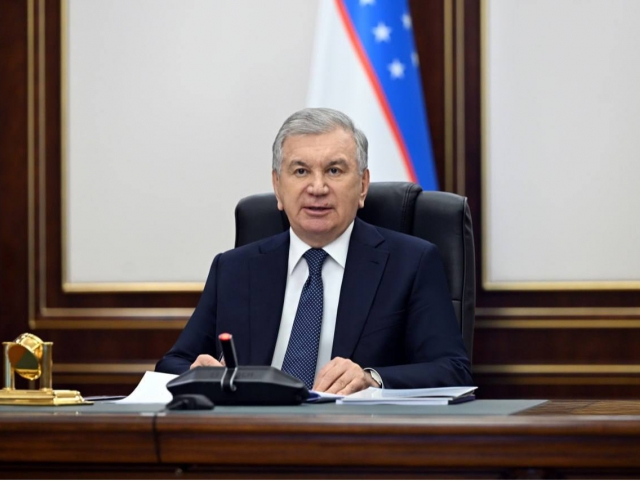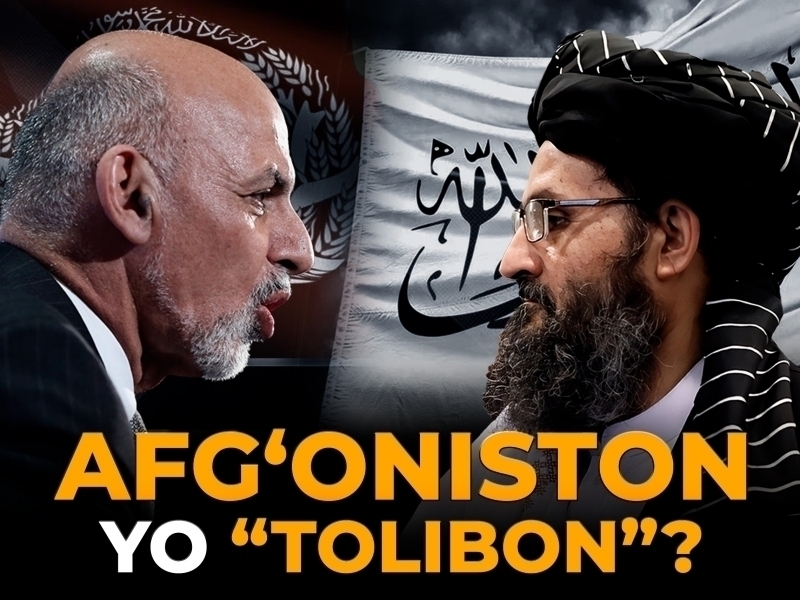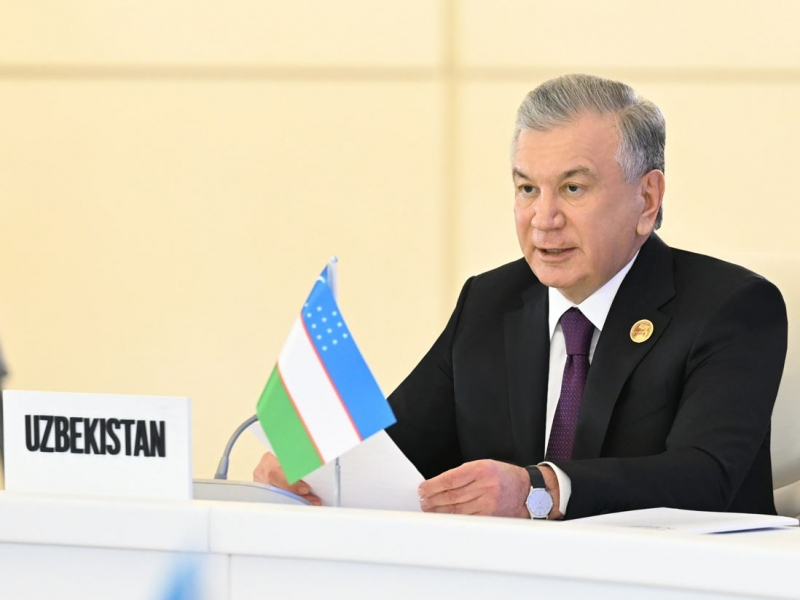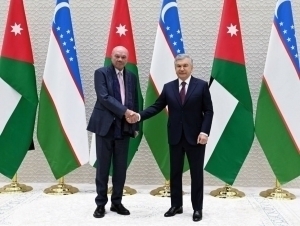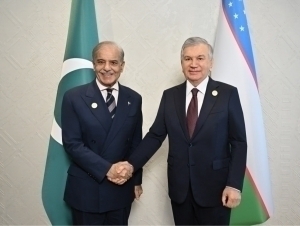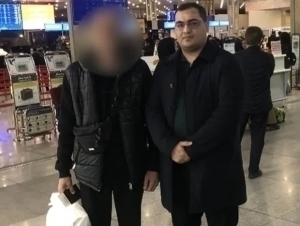Stabilizing Afghanistan aligns with regional interests - Mirziyoyev
Local
−
01 April 2025 16860 3 minutes
Uzbekistan’s approach to Afghanistan has always been pragmatic and based on long-term strategic principles. This was stated by Uzbekistan’s President Shavkat Mirziyoyev in an interview with “Euronews” when asked why Uzbekistan continues active relations with its southern neighbor while many countries refrain from engaging with the Taliban’s interim government or involving Afghanistan in regional and international cooperation processes.
“We have never turned our back on our neighbor or severed ties with it. We have always believed that developing Afghanistan is impossible without constructive cooperation with its neighboring states, including Uzbekistan, as its close and most important partner,” said the President.
Mirziyoyev emphasized that many who initially did not support Uzbekistan’s policy toward Afghanistan are now compelled to acknowledge its correctness and lack of alternatives.
“We were certain that the previous Afghan regime could not retain power for several reasons. These include its inability to fully control the country’s territory, its unwillingness to engage in dialogue with the opposition, its failure to form an inclusive government, and rampant corruption at all levels of state governance.
The current leadership has managed to stabilize the situation in Afghanistan, directing its resources toward developing airports, internal railway networks, water-energy infrastructure, and reducing opium cultivation,” the Uzbek leader stated.
According to UN data, after the Taliban banned drug trafficking in 2023, opium cultivation in Afghanistan decreased by 95%. President Mirziyoyev noted that efforts are being made to assist rural populations in Afghanistan, promoting alternative agricultural practices to build a future free from opium.
“In today’s circumstances, we believe it is essential to view Afghanistan from a strategic opportunity perspective. It is crucial to involve this country in international economic processes, particularly by implementing infrastructure projects on its territory,” said Mirziyoyev.
The President also expressed Uzbekistan’s readiness to work with the European Union and other international partners to promote a positive agenda and initiatives that would not only help Afghanistan overcome its current crisis but also enable long-term development. He highlighted that providing educational assistance to Afghanistan remains a top priority.
“I am confident that stabilizing the situation in Afghanistan and rebuilding the country aligns with the shared interests of Central Asia and the European Union,” Mirziyoyev added.
In August 2021, Afghanistan’s former president Ashraf Ghani fled the country, and the Taliban entered Kabul without resistance. A month later, U.S. troops completely withdrew from the country. In September 2021, the Taliban announced the composition of Afghanistan’s government.
In February last year, Uzbekistan handed over its embassy in Afghanistan to Taliban diplomats. At that time, Mug‘furulloh Shahob was appointed as the Taliban’s ambassador to Uzbekistan, replacing Ahmad Khalid Ilmi, who had been appointed during the previous government. In April, Shahob was replaced by Abdul G‘affor Bahr. In August, Zakir Jalali, director of the third political department of the Taliban’s interim government’s Ministry of Foreign Affairs, introduced Abdul G‘affor Tiravi as Afghanistan’s official ambassador to Uzbekistan. In October, Uzbekistan’s Foreign Minister Baxtiyor Saidov received the ambassador sent by the Taliban.
In August last year, Uzbekistan’s Prime Minister Abdulla Aripov visited Kabul. During the visit, five agreements were signed between Uzbekistan and the Taliban’s interim government.
On February 22 this year, in Tashkent, Prime Minister Abdulla Aripov held bilateral talks with Mullah Abdul Ghani Baradar, acting deputy prime minister of the Taliban’s interim government.
Live
All